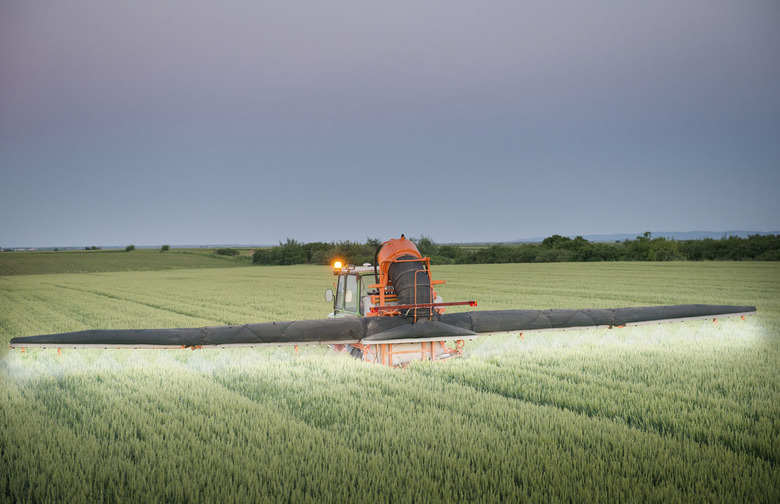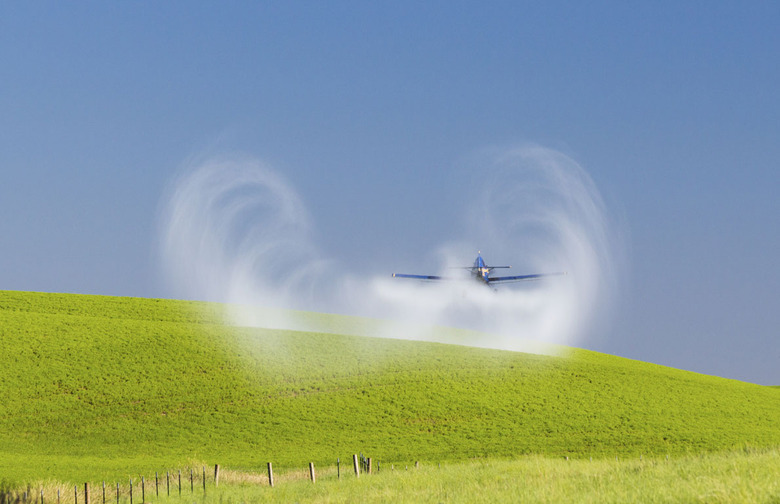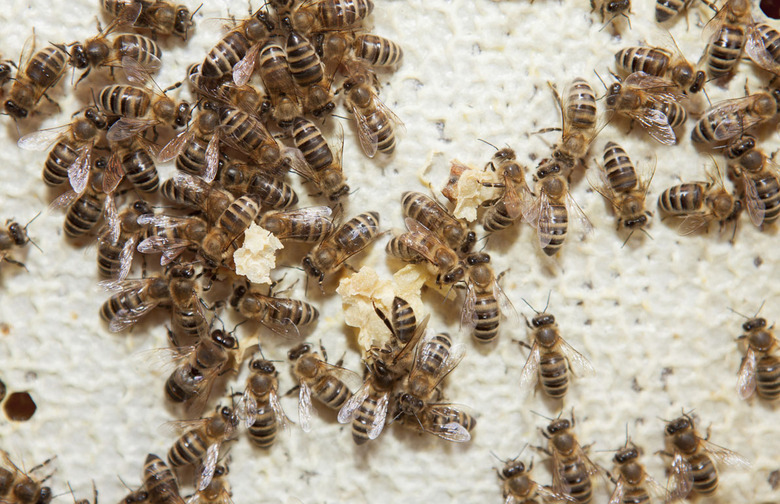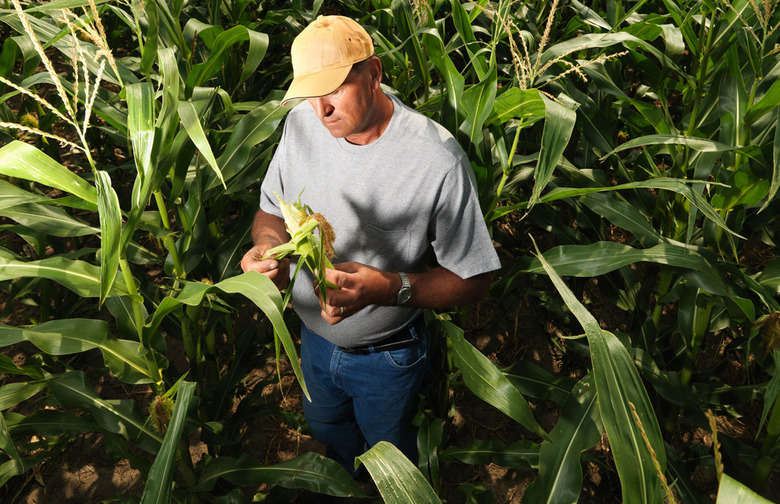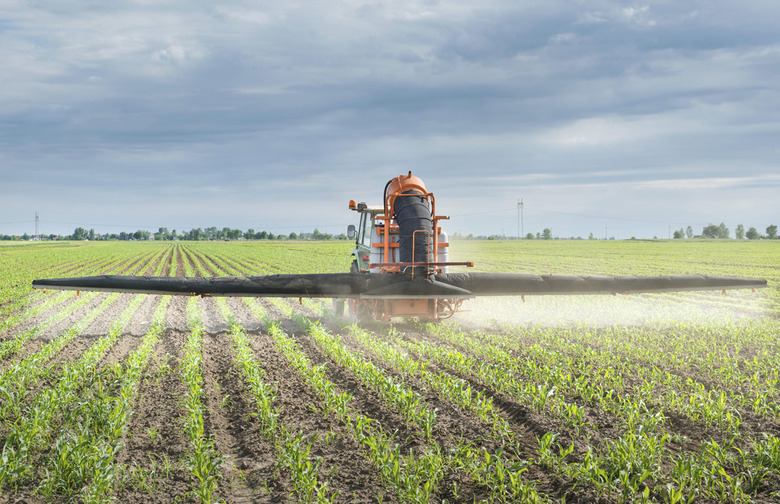10 Facts About Pesticides That May Have You Going Organic
Insects and weeds can pose a huge problem for farmers or anyone else in charge of a large crop-growing operation. Spraying fields with pesticides is one of the most essential and commonplace aspects of farming — but pesticides can be really, really dangerous.
More Than One Billion Pounds of Pesticides Are Applied in the US Every Year
That's about three pounds of pesticides for every person in America.
Children Are Far More Vulnerable to Pesticide Poisoning Than Adults
Children spend a whole lot more time close to the ground than adults, and also have a tendency to put things in their mouths. Also, because their bodies are still growing and vulnerable, pesticide poisoning has far more potential to cause permanent damage.
They're Devastating the Bee Population
There's been a major decline in the bee population in recent years, and while the causes are manifold, pesticides play a serious role. The EPA classifies many pesticides as being toxic to honeybees, but warning labels don't do much to curb the use of dangerous pesticides where honeybees are known to live and fly. If one honeybee brings contaminated pollen back to a hive, the whole hive can suffer.
They're Impossible to Wash Off Fruits and Vegetables
While scrubbing (especially with a fruit and vegetable wash) can remove the majority of pesticides from the surface of fruits and vegetables, it's impossible to remove it all. Some will always remain on the surface, and many pesticides are systemic, incorporated into the fruits and vegetables while they're growing. Apples, strawberries, grapes, celery, peaches, spinach, bell peppers, cucumbers, and cherry tomatoes are the worst offenders (and hence the most important produce to buy organic.)
They Can Build Up in Your System
Some pesticides are biodegradable, meaning that they can be broken down into harmless compounds in the body. Others, however, are persistent and bioaccumulative, meaning that they lodge in fat in the body and can take months, years, or even decades to be fully broken down.
Some Americans Still Have DDT in Their Systems — More Than 40 Years Later
One example of a persistent pesticide is DDT (dichlorodiphenyltrichloroethane), which was banned in 1972. The chemical, which was proven to damage the liver, nervous system, and reproductive system, takes 15 years to break down in nature, but because it's fat-soluble, it takes far longer to break down in the human body. Believe it or not, people who were exposed to high quantities of the chemical before it was banned may still have some in their systems!
They Kill 18,000 Farm Workers Annually
According to the World Health Organization, every year more than three million agriculture workers in the developing world are poisoned by pesticides, and about 18,000 of them die. Only 25 percent of pesticides are used in developing countries, but these countries are where more than 99 percent of pesticide-related deaths occur.
"Pesticide Drift" is a Major Issue
According to the EPA, up to 10 percent of all pesticides applied to crops "drift" away from their intended target, either by seeping into the groundwater or blowing away in the air. Up to 70 million pounds of pesticides are wasted every year due to drift. These pesticides can find their way into neighboring towns, onto nearby plants and trees, and into bodies of water.
They Work Their Way Up the Food Chain
If a mouse eats an insect that's been treated with a persistent pesticide, then the mouse is eaten by an eagle, that eagle will absorb some of that pesticide. This is why the population of peregrine falcons and bald eagles were nearly decimated in the 1950s and 1960s. Their near-extinction was the inspiration for Rachel Carson's groundbreaking work Silent Spring, which played a role in educating the public about the dangers of pesticides.
There's Very Little Information About How Multiple Pesticides Interact
While the government studies the health hazards of individual pesticides, there's very little in the way of research about how multiple pesticides interact with each other, or how they may interact once inside the human body.
